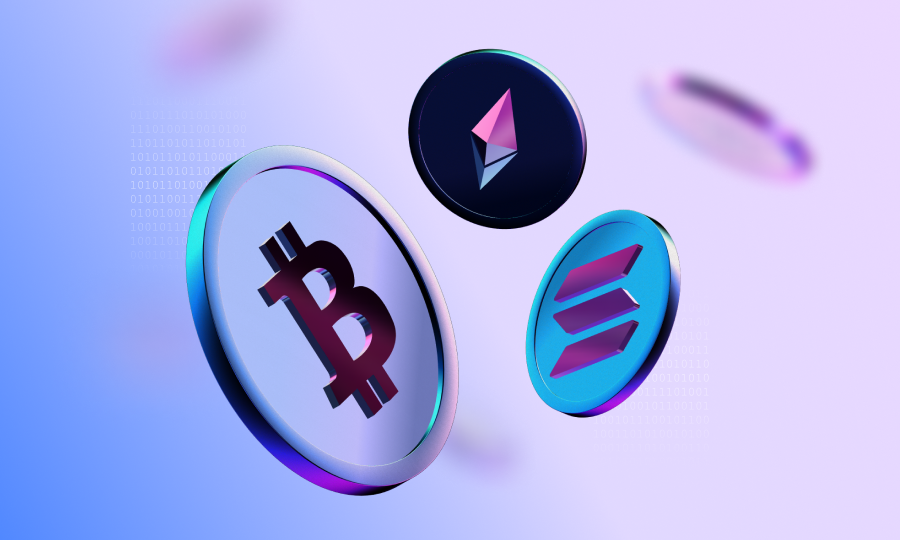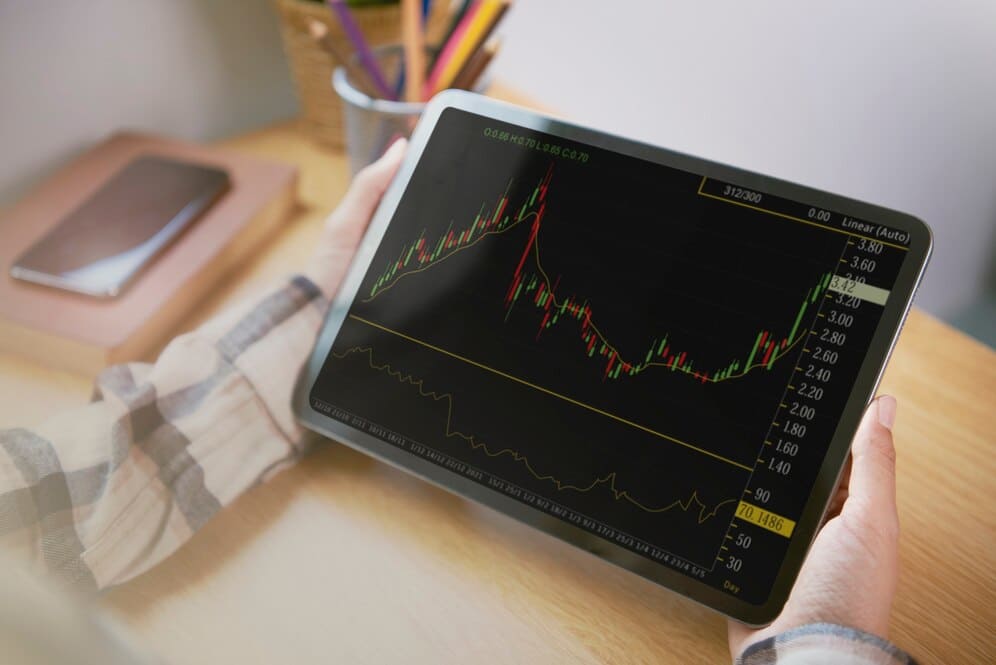
Bitcoin vs Ethereum, Solana and More: Crypto Comparison Guide
What are the main differences between Bitcoin and other cryptocurrencies?
To be able to talk about other cryptocurrencies, we must first give pride of place to Bitcoin, the pioneer, with a brief general overview. It is a decentralized digital currency that was born in 2008 with the simple and highly attractive concept of allowing users to “make secure peer-to-peer (P2P) transactions on the internet,” according to the Coinbase portal.
Since Bitcoin is the leading cryptocurrency in the market, we can establish the main differences with respect to Altcoins from there:
- Since its genesis, Bitcoin has been an alternative to the traditional banking system. A decentralized electronic format, without intermediaries, between peers. For their part, Altcoins have a diversity of purposes: smart contracts, stablecoins, privacy coins, utility tokens, and even simply improving aspects of Bitcoin.
- While Bitcoin has a maximum supply of 21 million coins, Altcoins can have very different maximum supplies.
- Bitcoin lacks a central authority and has a large network of nodes, which allows it to be very decentralized. As for Altcoins, their level of decentralization is extremely variable.
- Bitcoin uses the Proof-of-Work algorithm to keep the network secure and validate transactions. As for Altcoins, the algorithms used are varied.

Bitcoin vs. other cryptocurrencies: Key differences
While Bitcoin is the pioneering and leading cryptocurrency, Ethereum is second in line. In fact, there are those who do not consider it an Altcoin. There are those who suggest that Altcoins are all cryptocurrencies other than Bitcoin (BTC) and Ethereum (ETH). For this reason, we will establish some key comparisons between these two cryptocurrencies with two Altcoins so that you can have some important references: Solana (SOL) and Cardano (ADA).
Purpose
- Bitcoin: to be a decentralized electronic payment system and a store of value.
- Ethereum: smart contracts, in addition to being a platform for decentralized applications.
- Solana: its priority is to drive the evolution of decentralized applications.
- Cardano: its focus is on being a platform with security, sustainability, and scalability.
Use cases
- Bitcoin: payments, trading, and digital store of value.
- Ethereum: smart contracts, payments, non-fungible tokens (NFTs), decentralized finance (DeFi), decentralized applications (DApps).
- Solana: NFTs, DeFi, payments, gambling.
- Cardano: digital identity, DeFi, DApps, traceability.

- Look for a platform with a good reputation and good security measures.
- Beware of promises of money from dubious or too-good-to-be-true sources.
- Use a secure wallet.
- Never share your personal information.
- Update your software constantly.
- Use two-factor authentication (2FA) systems.
- Start with small amounts.
Want to take the first step safely? Buy your cryptocurrencies with Bitsacard.
Step 1: register from the Bitnovo website or app.
Step 2: validate your account with a fast and optimized process.
Step 3: buy your cryptocurrencies. You can make the payment by card, in cash with our coupons, or by bank transfer. Upon completing the purchase, you will have the cryptocurrencies in your wallet.

